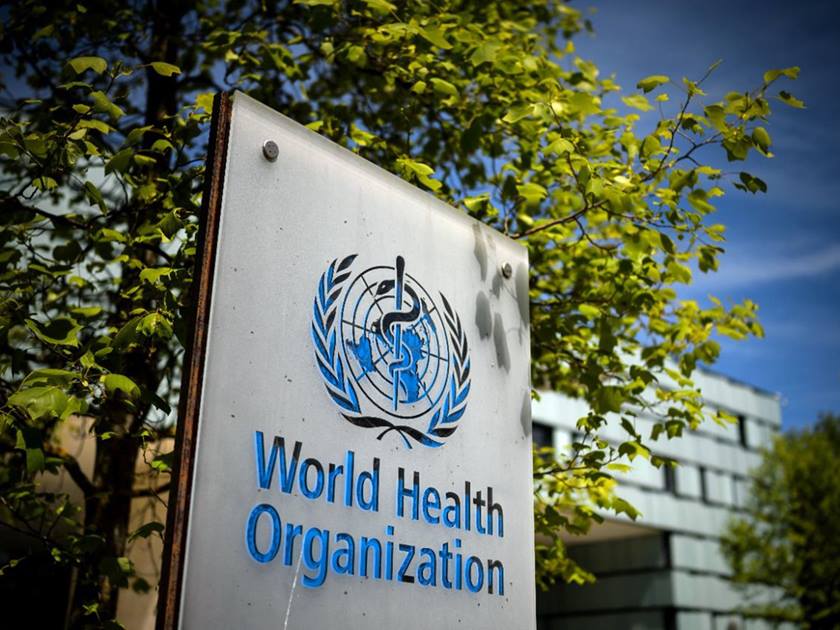Geneva September 20 (QNA) - Equitable access and use of antibiotics by refugees and migrants in all regions is essential to antimicrobial resistance, with more than 1.27 million people dying each year from antimicrobial-resistant bacteria, according to a report issued by the World Health Organization.
The fourth WHO global evidence review on health and migration report highlighted the most common health system barriers to access and use of antibiotics across regions: long waiting times to see a doctor, limited capacity of health services, high health care costs, inappropriate prescription of antibiotics, and lack of translated materials or interpretation services.
The report gathered evidence on the access to essential antibiotics for refugees and migrants and found that access to and use by these populations is heterogeneous and significantly influenced by the health systems of the host countries, while the extent of their access globally is unclear.
Some studies showed that refugees and migrants often resort to informal markets and self-medication to overcome health system barriers in the host country, Director of the WHO Health and Migration Programme Dr Santino Severoni said, adding that access to safe, effective, affordable, high-quality antibiotics for all, including refugees and migrants, is key to promoting the health of these populations and is essential to addressing AMR and maintaining the ability to treat infections.
The report also identified non-health policies and factors that challenge the access to and appropriate use of antibiotics for refugees and migrants, such as previous unsatisfactory experiences with formal care and the ease of informal access to antibiotics. Furthermore, these populations may encounter stigma, fear of deportation due to the migratory status, or language barriers, and be unable to reach care due to lack of time or transportation and financial constraints.
The World Health Organization has stressed that equitable access to and appropriate use of existing and new antimicrobial medicines for all, including refugees and migrants, is a basic human right and is vital for an effective global public health response to the ever-increasing range of infections caused by bacteria, parasites, viruses and fungi. (QNA)
20 September 2022
WHO: Equitable Access to Antibiotics for Refugees and Migrants is Essential to Tackling Antimicrobial Resistance
International and Arabic
Keywords
Culture, International
News Bulletins
Most Read


